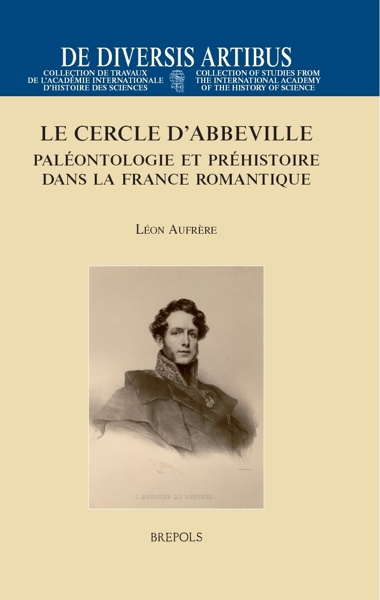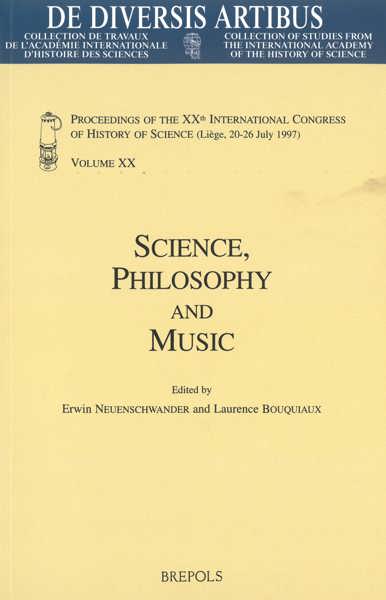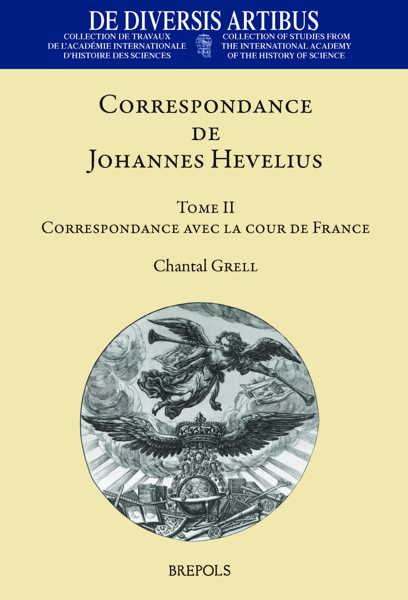
Greek Alchemy from Late Antiquity to Early Modernity
Efthymios Nicolaïdis (ed)
- Pages: 198 p.
- Size:200 x 260 mm
- Illustrations:21 col.
- Language(s):English, French
- Publication Year:2018
- € 90,00 EXCL. VAT RETAIL PRICE
- ISBN: 978-2-503-58191-0
- Hardback
- Available
- € 90,00 EXCL. VAT RETAIL PRICE
- ISBN: 978-2-503-58192-7
- E-book
- Available
- Contains contributions in Open Access
This volume engages in the effort to shed light on Greek alchemy from the 1st century CE to the 18th century, discussing and presenting relative sources, as well as the reception, transformation and use of this 'art'. It also examines newly discovered manuscripts and offers a commented translation of Stephanos of Alexandria’s prayers. Furthermore, it addresses the problems of laboratory replication and chemical explanation of early alchemical processes, and presents educational activities that use historical texts for the reconstruction of apparatuses in the school laboratory.
“The collection of essays presented above is a further important step contributing towards the on-going rehabilitation of alchemy in the broader field of history of science. The variety and depth of the individual chapters explore diverse aspects of and approaches to the history of alchemy, whose combination provides the possibility of an innovative reappraisal of alchemy’s significance as a highly complex discipline spanning across millennia and civilisations.” (Bojidar Dimitrov, in BYZANTINA SYMMEIKTA, 29, 2019, p. 356)
“Greek Alchemy from Late Antiquity to Early Modernity is a worthwhile contribution to the history of Greek alchemy.” (Olivier Dufault, in AMBIX, 2019)
Efthymios Nicolaidis is director of the History, Philosophy and Didactics of Science and Technology Programme of the Institute of Historical Research / National Hellenic Research Foundation (www.hpdts.gr). He has published about the relations between science and religion, the history of science in Byzantium and the Ottoman Empire, and the spread of Modern European science. President of the International Union of the History and Philosophy of Science (2013-2017), Permanenet Secretary of the International Academy of History of Science (2017-).
What do we really know about Greek alchemy throughout the ages? Certain periods, such as the Byzantine and post-Byzantine, have been somewhat overlooked. This volume engages in the effort to shed light on certain aspects of Greek Alchemy from the 1st century CE to the 18th century, discussing and presenting relative sources, as well as the reception, transformation and use of this 'art'. The book also examines newly discovered manuscripts and offers a commented translation of Stephanos of Alexandria’s prayers. Furthermore, to better understand the material aspect of alchemy, it addresses the expectations and problems of laboratory replication and chemical explanation of early alchemical processes, and presents educational activities that use historical texts for the reconstruction of apparatuses in the school laboratory in secondary education.
E. Nicolaidis (National Hellenic Research Foundation), Foreword
M. Martelli (University of Bologna) , V. Koutalis (National Hellenic Research Foundation) and G. Merianos (National Hellenic Research Foundation), Introduction
A. Touwaide (UCLA, Los Angeles; The Huntington, San Marino; Institute for the Preservation of Medical Traditions, Washington, D.C.), The Alchemical Manuscript Tradition. An Overview
C. Viano (CNRS, Paris), Olympiodore l'alchimiste et la taricheia. La transformation du minerai d'or : technê, nature, histoire et archéologie
M. Papathanasiou (Université d’Athènes), Stéphanos d’Alexandrie : la tradition patristique dans son œuvre alchimique
M. Martelli (University of Bologna), Byzantine Alchemy in Two Recently Discovered Manuscripts in Saint Stephen’s (Meteora) and Olympiotissa (Elassona) Monasteries
G. Katsiampoura (National Hellenic Research Foundation), The Relationship between Alchemy and Natural Philosophy in Byzantine Times
R. Franckowiak (Université Claude Bernard Lyon1, Univ. Lille,), Athanasios Rhetor: a Greek in Paris, a Priest in Alchemy
D. Kahn (CNRS, CELLF), Alchemical Interpretations of Ancient Mysteries
L. Principe (Department of the History of Science and Technology and Department of Chemistry, Johns Hopkins University), Texts and Practices: The Promises and Problems of Laboratory Replication and the Chemical Explanation of Early Alchemical Processes
K. Exarchakos, K. Skordoulis (National and Kapodistrian University of Athens.), On How History and Philosophy of Science Contribute to Science Teaching and Learning Processes




